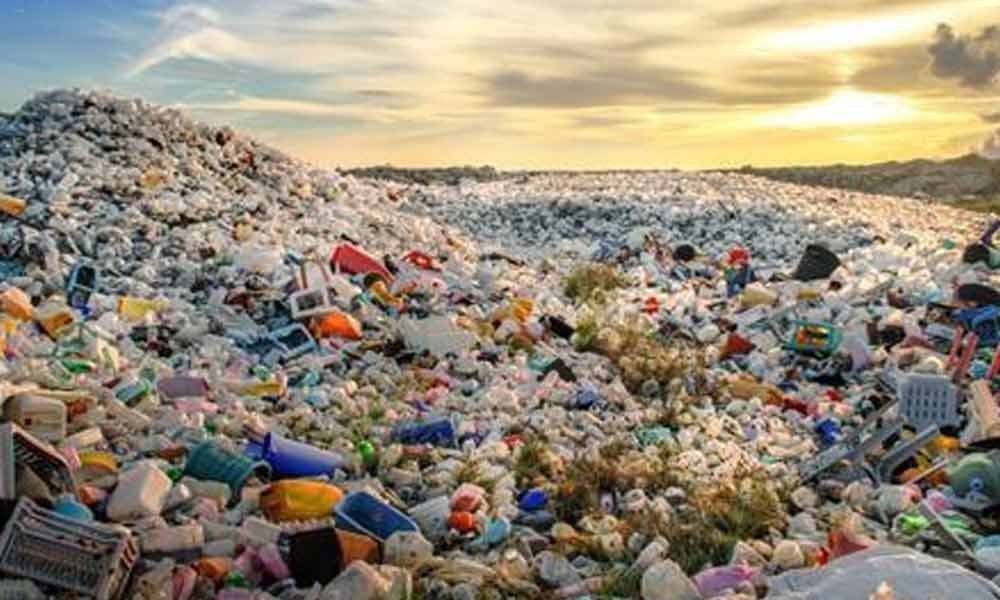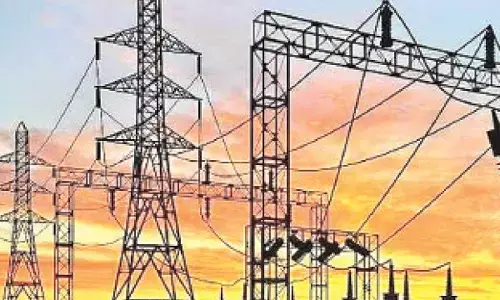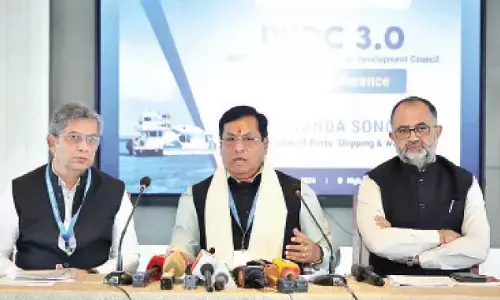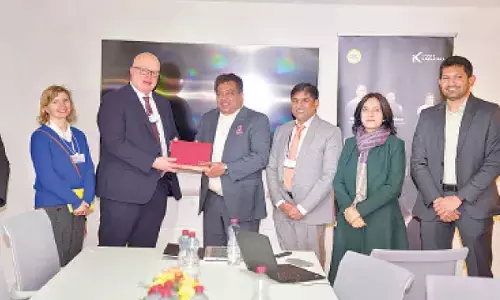Greenpeace seeks more ambitious measures on plastic waste

Greenpeace on Monday asked the G20 group for more ambitious measures to ease the effects of climate change and to curb marine pollution ahead of the group's summit in Osaka, western Japan, next week.
Greenpeace on Monday asked the G20 group for more ambitious measures to ease the effects of climate change and to curb marine pollution ahead of the group's summit in Osaka, western Japan, next week.
The environmental organisation said the commitments reached on these issues at the meeting of Environment and Energy Ministers from the G20 countries held on June 15-16 in Karuizawa were insufficient and vague, Greenpeace Japan experts told Efe news.
In a joint declaration adopted during the meeting, the G20 Ministers agreed to create a framework for action with voluntary measures to reduce marine pollution and reaffirmed the commitments made under the Paris Agreement to combat climate change.
"Voluntary actions are not enough to deal with such an urgent problem," warned Hiroaki Odachi of Greenpeace Japan, as he demanded "clear and mandatory actions".
Ocean rubbish "is a matter requiring urgent action given its adverse impacts on marine ecosystems, livelihoods ... and potentially on human health", said a statement issued after the two-day meeting in the Japanese resort town of Karuizawa.
The Japan government, which is the current chair of the G-20, described the agreement as "a major achievement" and recently launched several initiatives aimed at "exercising leadership" to tackle the pressing problem of ocean pollution, Prime Minister Shinzo Abe said.
These include the development of biodegradable materials, the promotion of recycling and also requires retailers to charge customers for plastic bags from April 2020, while calling for an increased use of bioplastics made of renewable resources such as plants.
Greenpeace said "these are positive developments but could eventually generate side effects and they don't deal with the underlying problem". It added that it would be more appropriate to end the "linear, throwaway destructive business model".
Japan is the world's second-largest generator of plastic waste per capita after the US, according to the UN. In 2018, it was the second-largest exporter of plastic waste, according to another Greenpeace report.
The environmental organisation also urged Tokyo to "show real leadership" and take "much more ambitious measures" at the national level while pushing for a meaningful agreement within the framework of the G20 that goes in the direction of what was agreed to in Paris in 2016.
Japan is the only country in the G7 (the seven most industrialised nations) that continues to build coal plants and does not plan to get rid of them as recommended by the Paris Agreement, Greenpeace said.















